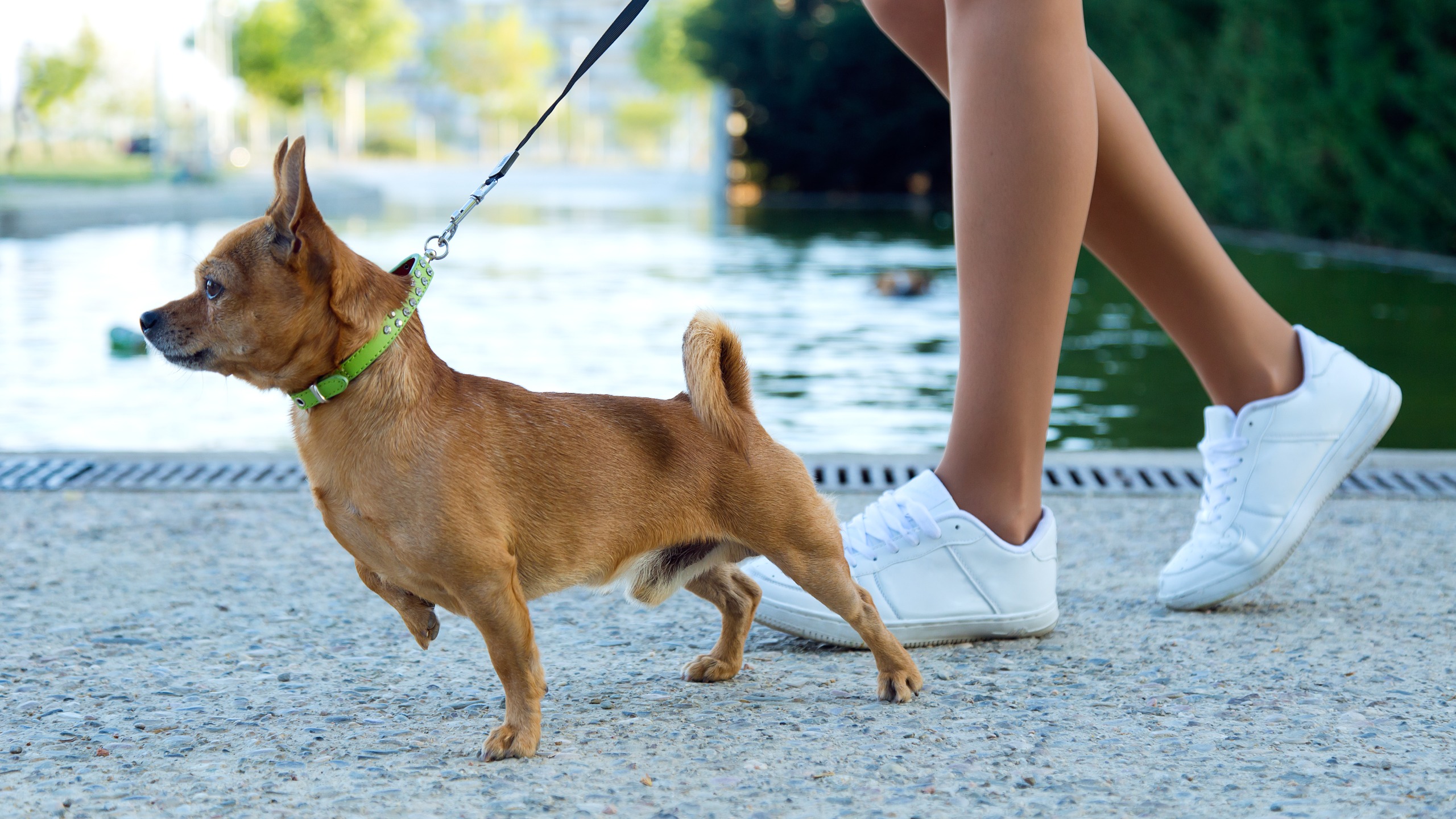Walking your dog should be a pleasant experience, but constant pulling can turn it into a frustrating task. Leash training is essential for both your dog’s safety and your comfort. This guide covers proven methods to stop leash pulling and ensure enjoyable walks.

Why Do Dogs Pull on Leash?
Dogs naturally walk faster than humans and get excited about their surroundings. Common reasons include:
- Curiosity about new scents and sights
- Lack of proper training
- High energy levels
- Reinforced pulling behavior
Understanding these reasons is the first step in correcting the behavior.
Effective Leash Training Techniques
1. Use the Right Equipment
Selecting the right leash and harness is crucial. Consider:
- No-pull harnesses: Help discourage pulling without causing harm.
- Fixed-length leashes: Offer better control than retractable ones.
2. Practice Positive Reinforcement
Reward your dog with treats, praise, or play when they walk beside you without pulling. This encourages them to repeat the desired behavior.
3. The Stop-and-Go Method
When your dog starts pulling, stop walking. Resume only when the leash slackens. This teaches that pulling doesn’t get them where they want to go.
4. Change Directions
Randomly change your walking direction when your dog pulls. It keeps them attentive and reinforces that you control the walk.
5. Consistency is Key
Regular, short training sessions are more effective than long, infrequent ones. Consistency helps your dog understand expectations.
Common Mistakes to Avoid
- Yanking the leash: Can harm your dog and doesn’t teach proper behavior.
- Inconsistent responses: Mixed messages confuse your dog.
- Using punishment: Creates fear rather than understanding.
When to Seek Professional Help
If your dog continues to pull despite consistent training, consult a professional dog trainer. They can provide tailored guidance and address underlying behavioral issues.
Conclusion
Leash training takes time, patience, and consistency. By using positive, proven techniques and staying consistent, you’ll strengthen your bond with your dog and create safe, enjoyable walks. Every dog learns at their own pace, so celebrate small milestones and stay positive. With dedication, your daily walks will soon become a relaxing and rewarding experience for both you and your furry friend.
